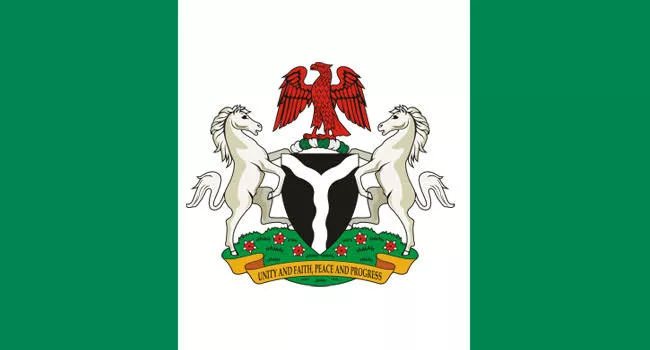In a significant move, the House of Representatives has called on the Federal Government to suspend the implementation of the controversial Samoa Agreement.
This decision followed the adoption of a motion of urgent national importance sponsored by 88 members of the House on Tuesday.
The motion, presented by Rep. Aliyu Madaki (NNPP, Kano State), highlighted concerns over certain clauses within the agreement, specifically those related to “gender equality,” which Madaki described as a potential Trojan horse that could undermine the moral fabric of the country.
The House has mandated its relevant committees to investigate the controversial provisions of the agreement thoroughly.
LEADERSHIP reports that the Samoa Agreement, signed by the Federal Government with the European Union (EU), has sparked controversy, with many perceiving it as an endorsement of Lesbian, Gay, Bisexual, and Transgender (LGBT) rights, contrary to Nigeria’s laws against same-sex marriages and relationships enacted in 2014.
Earlier, reacting to the backlash, Minister of Budget and Economic Planning, Atiku Bagudu, along with the Minister of Information, Mohammed Idris, assured the public that Nigeria would not enter into any agreement that conflicts with the nation’s constitution, religious, and cultural values. Bagudu emphasised that the agreement aims to boost food security, inclusive economic development, and other critical areas.
Recall that in November, the European Union, its 27 member-states, and 79 member-states of the Organisation of African, Caribbean and Pacific States (OACPS), signed the agreement in Apia, Samoa, thus naming it the ‘Samoa Agreement.’ The new agreement, which replaces the Cotonou Agreement, seeks to address global challenges such as climate change, ocean governance, migration, health, and security.
Nigeria signed the Samoa Agreement on June 28, 2024, but its details only became public knowledge last week following a disclosure by Bagudu.
During a review of the agreement, the European Parliament noted that the initial draft contained provisions related to LGBT rights. However, due to reluctance from member-states to include mentions of sexual orientation and gender identity, a compromise was reached. The final agreement committed to implementing existing international agreements on the matter, with Article 2, clause 5 stating that “the parties shall systematically promote a gender perspective and ensure that gender equality is mainstreamed across all policies.”





